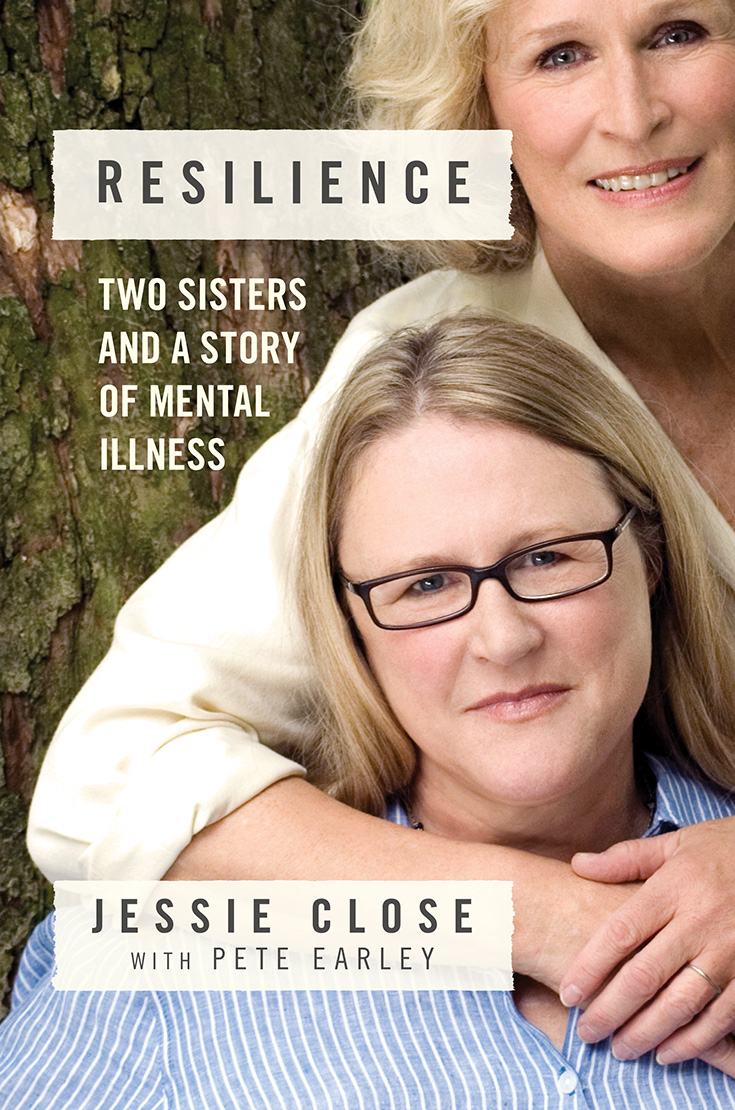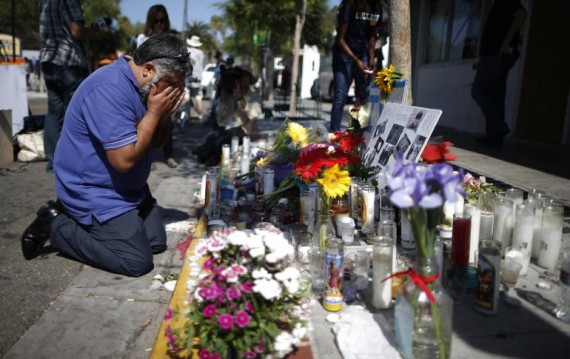
A FATHER’S DAY GOODBYE
Published in THE WASHINGTON POST on Sunday, June 22
By Pete Earley
Father’s Day found me with a man who often doesn’t remember who I am, although we have spent much of his 93 years together. My father has dementia.
Five years ago, I persuaded my parents to move from Spearfish, S.D., into a second house that my wife and I own that doubles as my office. Leaving a community where they were well-established was difficult. But they enjoyed seeing grandchildren, spent Saturdays at garage sales and played Upwords with me at lunch time. It was good.
I first noticed little things. Forgetfulness, confusing names. It’s part of aging, I thought.







